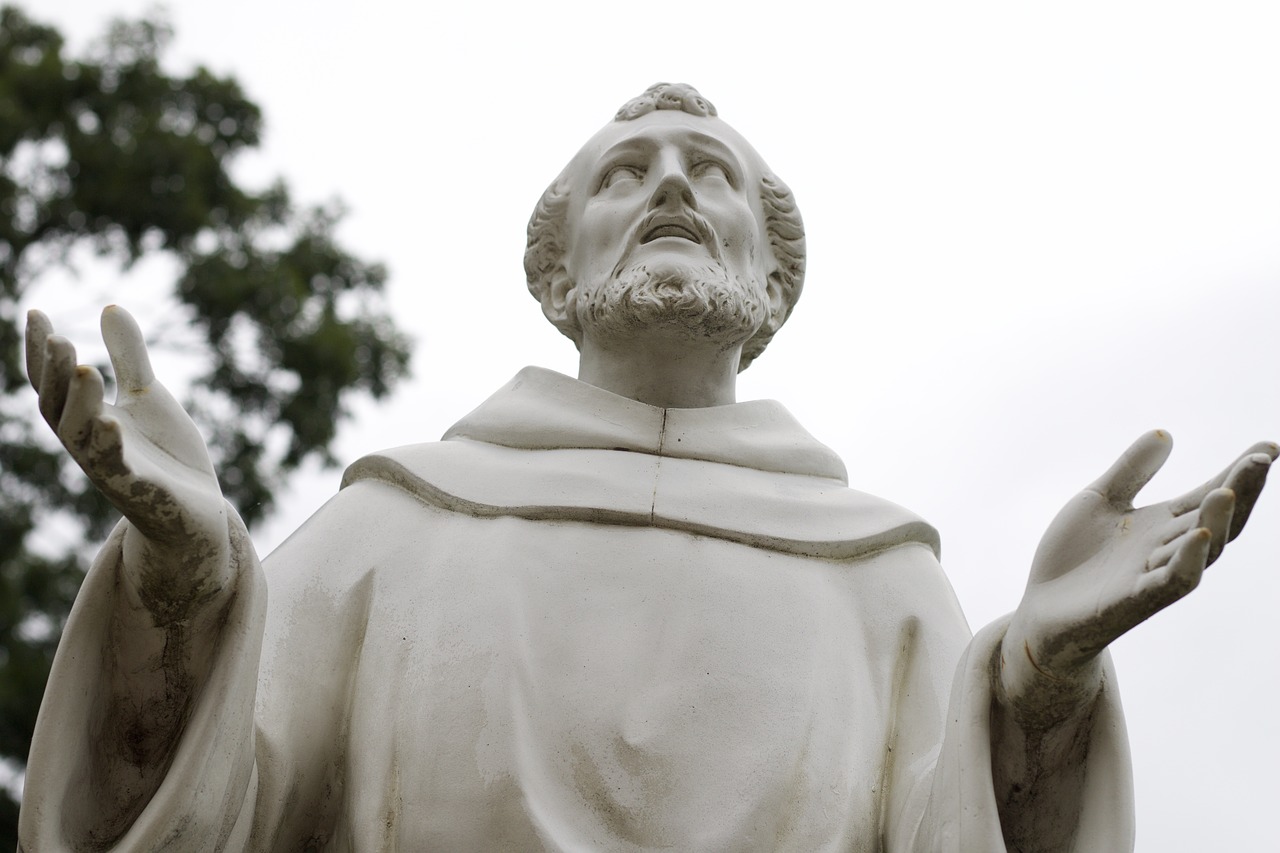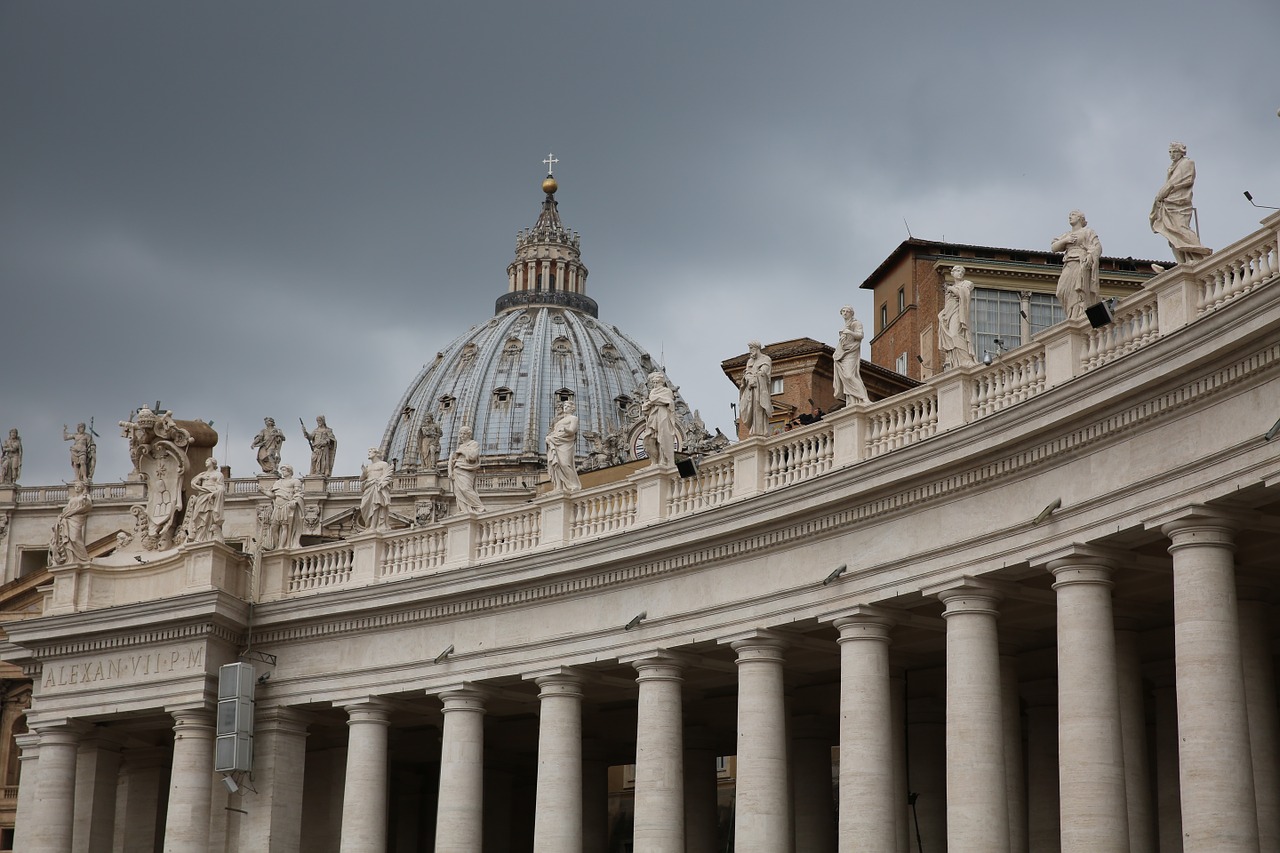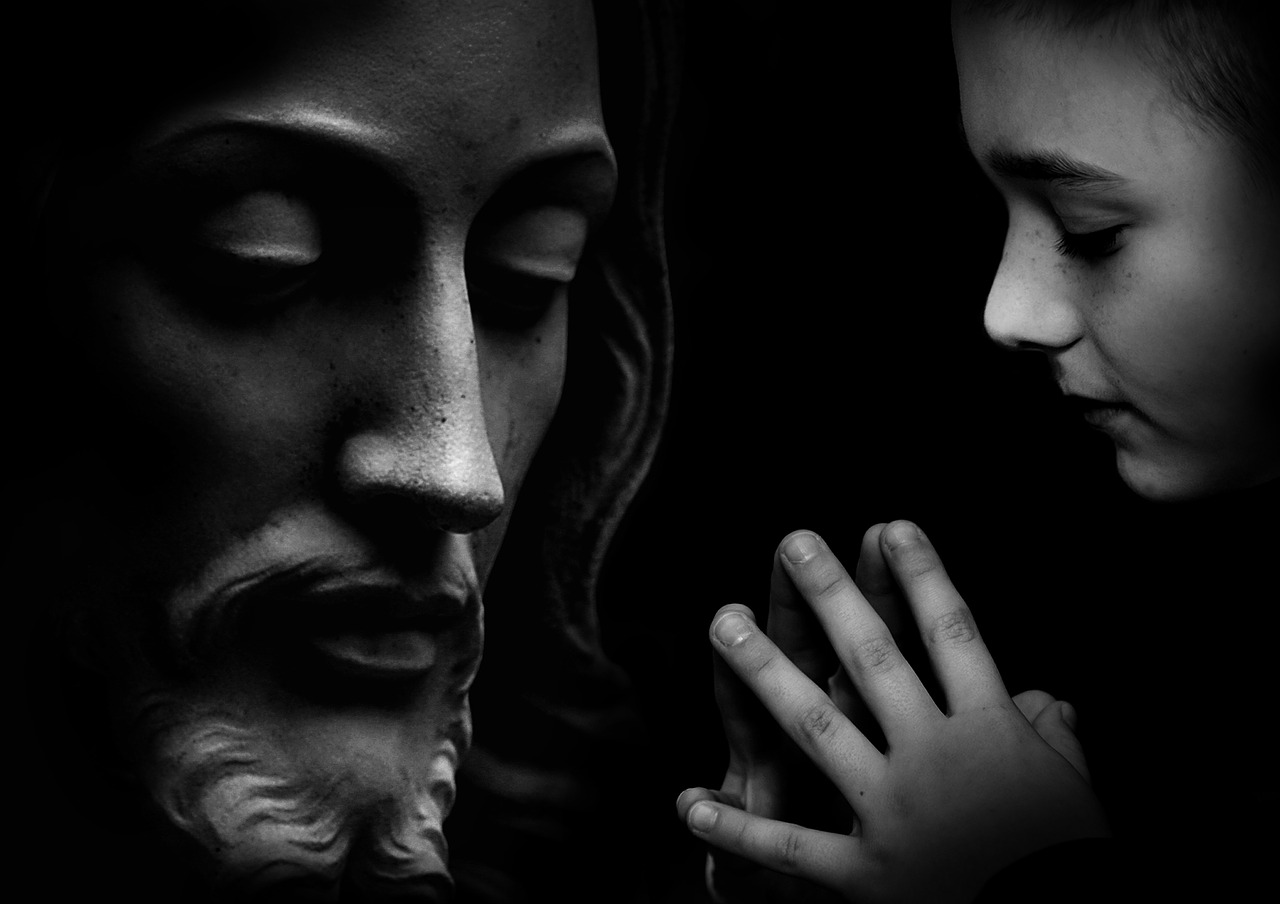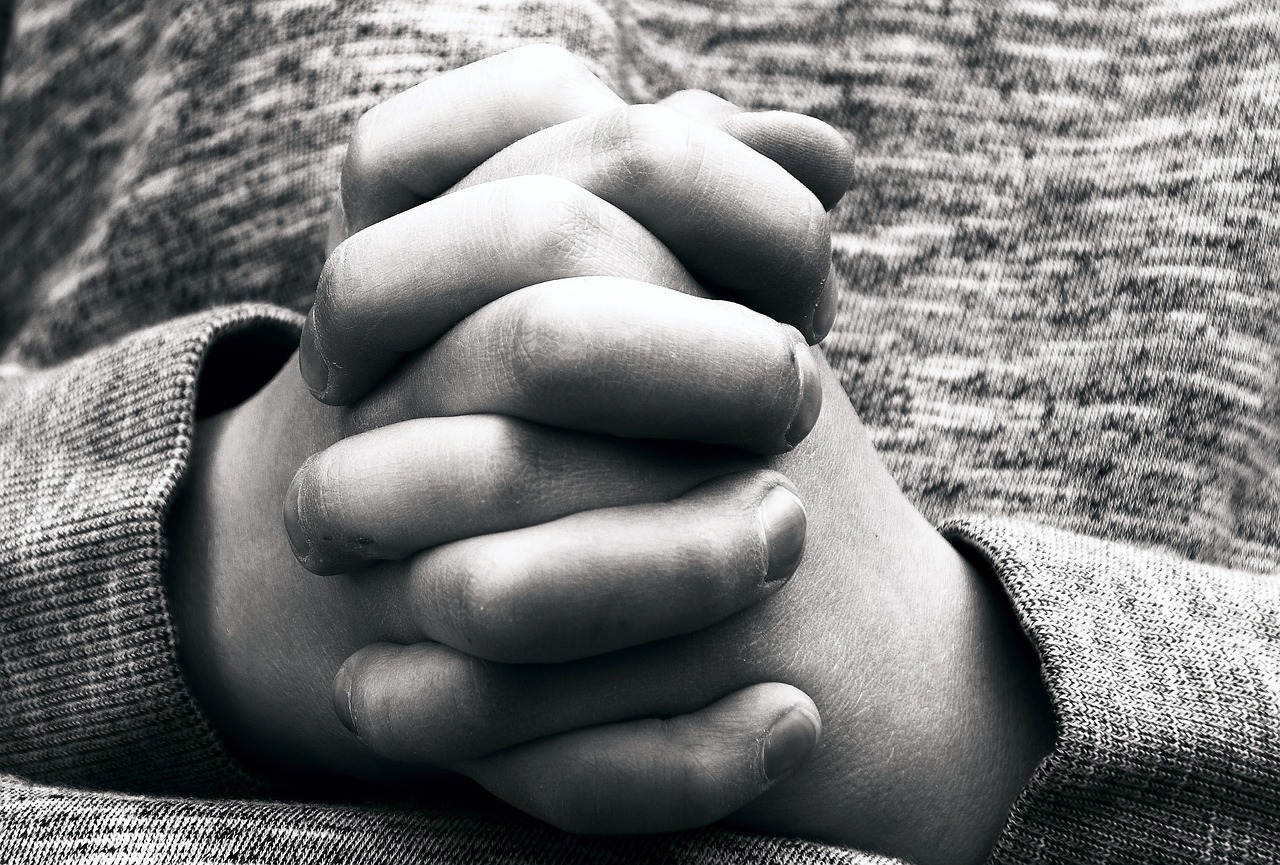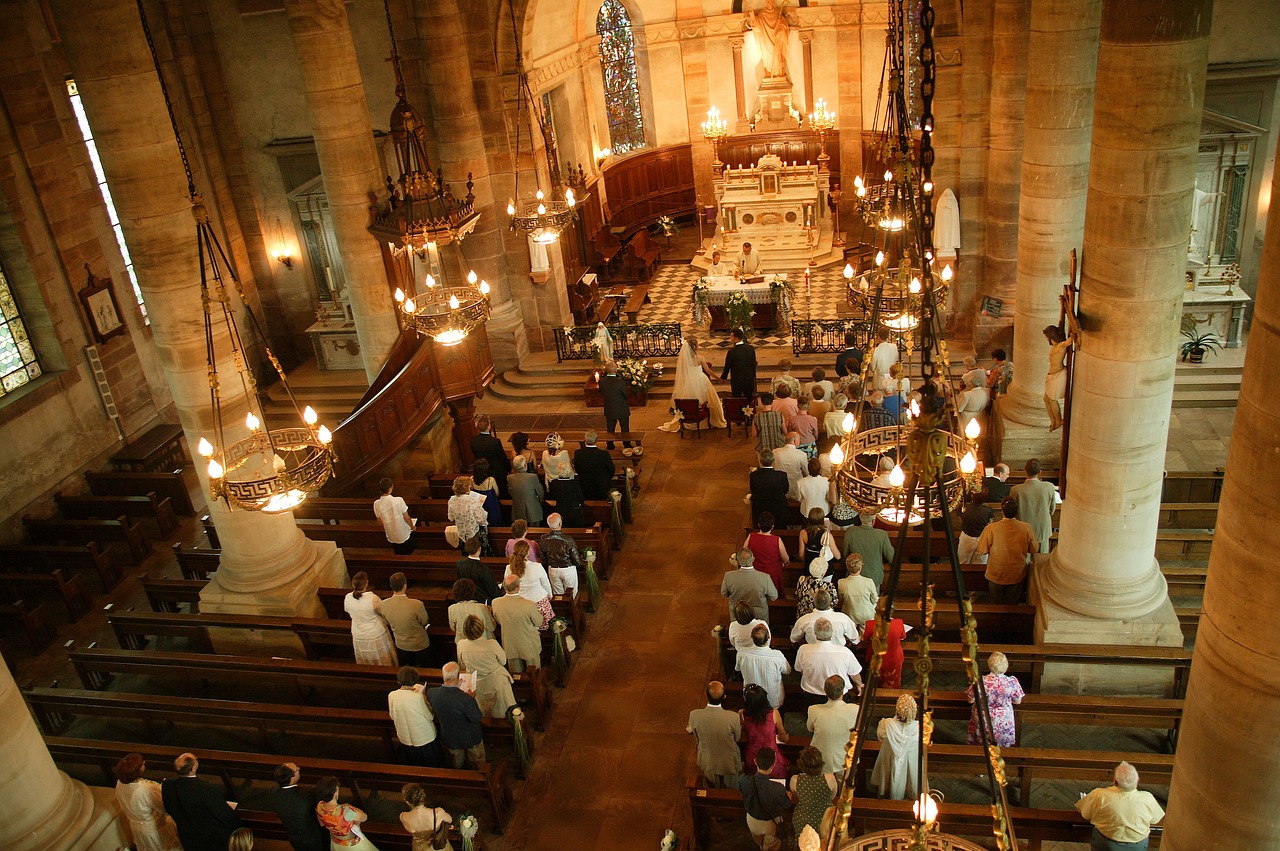
Once upon a time, Catholic parishes were local, intimate, and well staffed with clergy. These days, especially in urban environments, parishes may be large, impersonal, with members from far-flung neighborhoods, served by a single priest or lay administrator. Under these circumstances, one might feel lost in the pews, disconnected and spiritually stagnant. Smaller units of community and responsibility within a parish can be the answer to reuniting parishioners with the purpose of church life.
The idea for small church communities in the U.S. began in 1956 with basic ecclesial communities in Brazil, where the shortage of priests was acute. These groups were “basic” because they grew up from the grass roots of the church. “Ecclesial” meant the members recognized their connection to the institutional church and the local bishop. Fundamentally, these groups were “communities”: defying the modern emphasis on the individual in opposition and competition with the greater society.
In base communities, small groups of Catholics gather regularly for prayer, Bible study, and faith sharing on all aspects of their lives. These close units not only hold the worshipping community together in the absence of a priest and without the privilege of Sunday Mass. These lay-led groups are also a source of instruction and support that enables uneducated and oppressed populations to mobilize, improve their conditions, and work for justice.
The success of base communities quickly spread the model to developing countries in Latin America, Africa, and Asia. Bishops’ conferences in Medellín, Columbia (1968) and Puebla, Mexico (1979) lent the movement official support and popularized the gospel ideal of “the preferential option for the poor.” The first Vatican recognition of the phenomenon came in 1975 from Pope Paul VI, who championed base communities as a way for the laity to be proactive in the church’s mission of evangelization.
Small church communities take their lead from basic ecclesial communities but are not identical to them. The most obvious difference is that in most U.S. parishes, such groups operate in the presence rather than the absence of a pastor. Often called faith-sharing groups, communities may gather to study Scripture or other religious materials. Though parishioners may reside in affluent communities, the aim of such groups usually moves toward tackling local justice issues or adopting a cause with farther-ranging impact. The focus remains on “opting for the poor” as the gospel demands.
Scripture: Isaiah 10:1-4; 32:1-8; Matthew 25:31-46; Acts 4:32-35; James 2:14-17
Books: Ecclesiogenesis: The Base Communities Reinvent the Church, by Leonardo Boff (Amazon Digital Services LLC: Kindle Edition, 2012)
God’s Quad: Small Faith Communities on Campus and Beyond, by Kevin Ahern and Christopher Derige Malano (Orbis Books, 2018)



